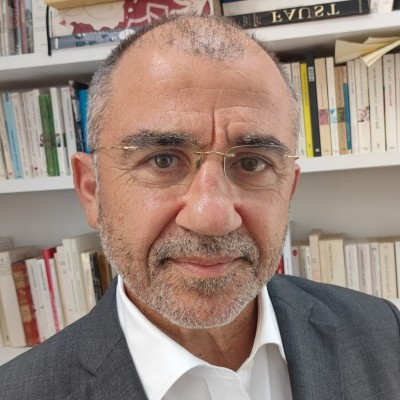Between the publication of an open letter, on March 22, on the site “Future of Life”, which calls for a 6-month moratorium on research in artificial intelligence, signed by 27,565 people including big names in the field and computer science, and that, on April 7, of a conference by Yann Le Cun and Andrew NG on YouTube entitled why a 6-month pause in research on artificial intelligence is a bad idea, there is plenty to wonder about. To add insult to injury, Geoffrey Hinton, one of the three researchers, with Le Cun and Bengio, to have unveiled, in 2013, the potential of deep learning, supports the moratorium and, to mark his commitment, has just resigned from his position at Google, to free himself of any conflict of interest. Why so much disagreement about a threat that promises to wipe out humanity?
Everything has gone haywire with the success of ChatGPT. Who is OpenAI the company that developed ChatGPT and through whom the hype is coming? In December 2015, Sam Altman, Greg Brockman, Reid Hoffman, Jessica Livingston, Peter Thiel, Elon Musk, Amazon Web Services (AWS), Infosys, and YC Research announced the formation of OpenAI and pledged over $1 billion to the company. The organization said it would “collaborate freely” with other institutions and researchers by making its patents and research publicly available. That’s a lot of money invested in an institution in the open source movement.
What is the criticism of ChatGPT and AIs built on LLMs (Large Language Models)? There is a fear that it could flood our information channels with propaganda and untruths, that it could automate all jobs, including rewarding ones, that it would develop non-human minds that could one day outnumber, outwit, outdate and replace us. It raises the fear that humans will lose control of civilization. Decisions to develop such AIs should not be delegated to unelected technological leaders. The warning is serious. But between climate change and the end of biodiversity on the one hand, and genetic manipulation and cloning on the other, it comes in a crowded media space.
What do Yann Lecun, Chief Data Scientist at Meta (Facebook), and Andrew NG, founder of Google Brain, say? They believe that such a moratorium would slow down the progress of knowledge and hinder the creation of useful applications in fields such as education and healthcare. Yann Le Cun points out that while AI presents potential risks and dangers, research and development should not be halted, only regulated. Andrew NG highlights the progress made in AI safety and AI alignment, and both speakers suggest that concerns about AI are a form of hype.
They point out that human intelligence has not yet been achieved and that discussions about AI safety are premature at this point.
Is this really a debate between specialists on very circumscribed subjects that we can only observe? An anonymous communication whose source would be internal to Google brings additional elements to understand the debate. What does it say? “The truth is that we are not in a position to win this arms race, nor is OpenAI. While we have been bickering, a third faction has been quietly eating our lunch.” That third faction is the Open Source movement. The success of AI and Open Source is such that the research labs of the big digital companies are overwhelmed. Technological advances are falling like avalanches, problems that were considered difficult in the labs are solved.
Very well you may say, Open Source seems to have found in AI a domain of predilection and accelerates progress. Nothing that cannot be regulated, since the Open Source movement follows strict rules. However, we learn that Meta, very early on, adopted the Open Source strategy, and finally, in many ways, benefits from its success. On the other hand, the promise of Open AI is kept in the sense that the company has opened access to ChatGPT to the community and the general public, with the idea that we develop an ecosystem of uses like the Andoid or Apple platforms. This is not really open source, but an attempt to create a new digital giant based on AI, which explains the size of the investment. The open letter of the “Future of Life” website marks the failure of this venture.
The impossibility for the United States to build the future giants of digital opens the way to Europe, and more surely to China which is positioning itself to take over and become the future technological giant of the planet. In such a context, pushing for an international regulation that would include China will surely play in favor of the American players. Nevertheless, will they really be able to take over the leadership? Google’s internal document seems to say no, while Meta claims to be the uncontested leader. The economic warfare related to the resumption of Taiwanese chip production in the West and to prevent China from taking it over, is also to be included in the assessment of this situation.

